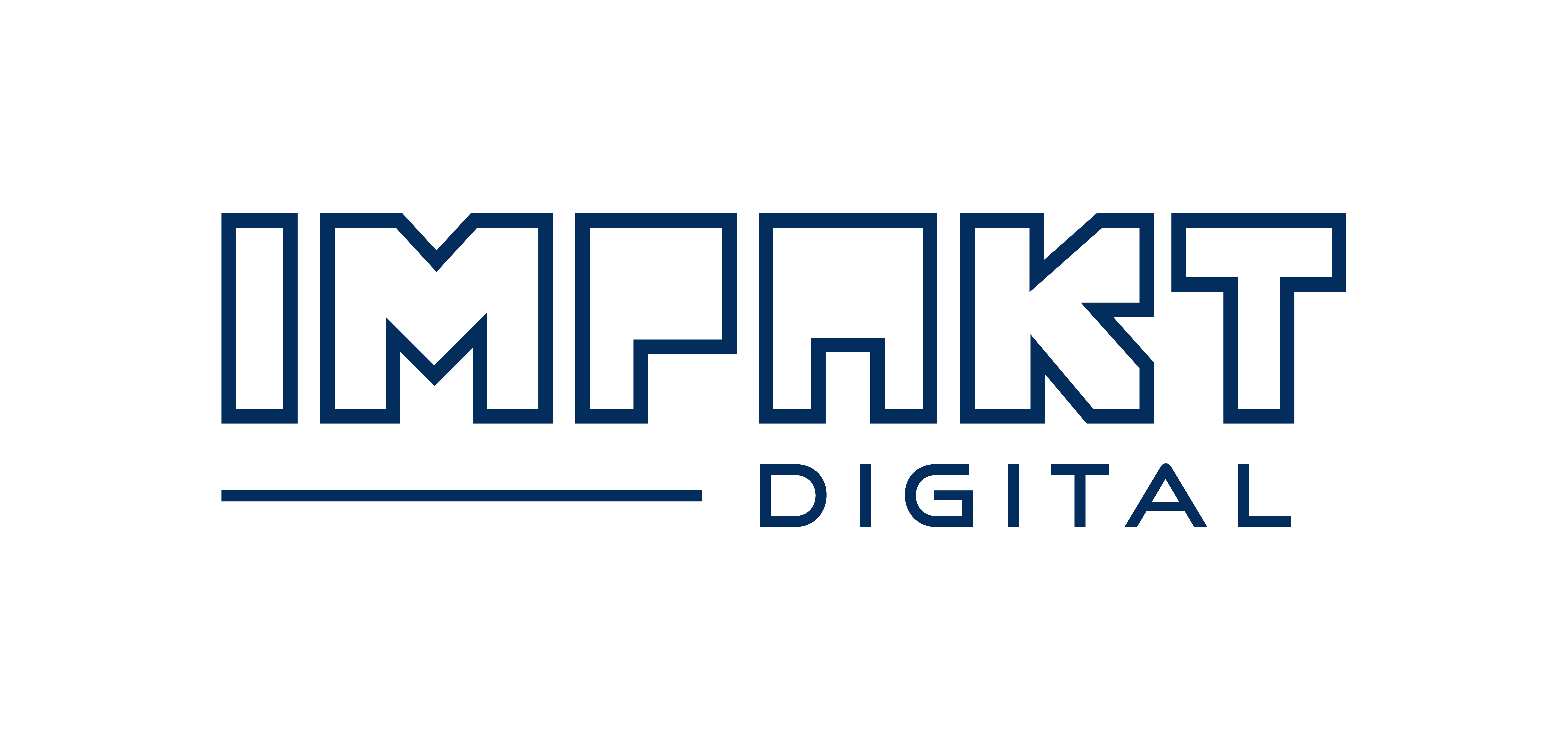
In today’s digital-first world, businesses no longer rely solely on cold calls, trade shows, or direct sales pitches to win clients. Instead, decision-makers are turning to content—blogs, whitepapers, webinars, videos, and more—to educate themselves before engaging with a vendor. This shift is especially true in the B2B space, where sales cycles are long, purchasing decisions involve multiple stakeholders, and the stakes are much higher.
That’s where content marketing comes in. For B2B companies, it’s not just about selling—it’s about building trust, showcasing expertise, and guiding potential clients through a complex buyer’s journey. In this guide, we’ll explore why content marketing is so important for B2B businesses and how it directly contributes to sustainable growth.
Understanding B2B Content Marketing
At its core, B2B content marketing is about creating and distributing valuable, relevant, and consistent content to attract and engage other businesses. Unlike B2C, where emotional triggers often drive purchases, B2B content focuses on logic, data, and long-term value.
Key differences between B2B and B2C content:
- Audience size: B2B markets are smaller but more specialized.
- Decision-making: B2B purchases usually involve teams and committees, not individuals.
- Sales cycle: B2B journeys are longer, requiring multiple touchpoints.
Common forms of B2B content include case studies, industry reports, whitepapers, how-to guides, thought leadership blogs, product demos, and educational webinars. Each of these plays a role in nurturing prospects and moving them closer to a decision.
Building Trust and Authority
Trust is everything in B2B. Before a company commits to a multi-year software subscription or a six-figure service contract, they want assurance that they’re dealing with experts who understand their challenges.
High-quality content does exactly that—it positions your brand as an authority. For instance:
- A detailed blog post explaining industry regulations shows thought leadership.
- A well-crafted whitepaper backed by data demonstrates credibility.
- A webinar featuring your experts helps humanize your brand and showcase expertise.
The more valuable insights you provide, the more likely prospects are to view your company as a trusted advisor rather than just another vendor.
Supporting the Longer B2B Sales Cycle
Unlike impulse-driven consumer purchases, B2B buying decisions can take weeks—or even months. Content marketing helps sustain engagement throughout this extended journey.
- Top of Funnel (TOFU): Blog posts, infographics, and social content attract attention and raise awareness.
- Middle of Funnel (MOFU): Case studies, eBooks, and webinars nurture leads by providing solutions to specific challenges.
- Bottom of Funnel (BOFU): Product demos, ROI calculators, and testimonials help close deals.
By mapping content to each stage of the funnel, businesses can guide prospects step by step, ensuring they remain engaged until they’re ready to buy.
Improving Lead Generation and Conversion
Content isn’t just about visibility—it’s a powerful lead generation engine. Search-optimized blogs, for example, attract decision-makers who are actively researching solutions. Gated assets like eBooks or reports allow you to capture high-quality leads in exchange for contact information.
Once those leads are in your pipeline, content like email sequences, case studies, and product guides helps convert them into customers. Unlike ads that stop working once you stop paying, evergreen content continues to bring in leads and conversions long after it’s published.
Enhancing Customer Relationships
Content marketing doesn’t end after a sale. In fact, it plays a vital role in strengthening client relationships and driving long-term value.
- Onboarding: Clear guides, tutorials, and videos help clients adopt your product or service quickly.
- Education: Regular updates, newsletters, and training content keep them informed about industry trends.
- Account-Based Marketing (ABM): Personalized content tailored to specific accounts can increase retention and upsell opportunities.
The more value you provide after the sale, the more likely clients are to remain loyal, recommend you, and expand their engagement with your business.
Boosting Brand Awareness and Visibility
In a crowded marketplace, visibility is key. Content marketing ensures your brand shows up where potential buyers are looking—whether that’s Google, LinkedIn, or industry-specific forums.
Publishing thought leadership articles or contributing guest posts on well-known industry sites helps establish authority. Meanwhile, social media content amplifies your reach and ensures your brand stays top of mind. Over time, a library of evergreen content creates a compounding effect, continuously bringing in traffic and leads without ongoing ad spend.
Driving Measurable ROI
One of the greatest strengths of content marketing is that it’s measurable. B2B marketers can track every interaction and tie content back to business outcomes.
Key metrics include:
- Lead quality (Are they decision-makers?)
- Pipeline velocity (How quickly are leads moving through stages?)
- Conversion rates (Are content assets leading to deals?)
- Customer acquisition cost (CAC) (Is content lowering acquisition expenses?)
Unlike traditional marketing, content provides clear insights into what’s working and what’s not, making it easier to justify budgets and refine strategies.
The Role of Content in Digital Transformation
B2B marketing today is inseparable from digital transformation. Content acts as the foundation for omnichannel strategies—fueling SEO, social media, paid campaigns, and email marketing.
It also integrates seamlessly with marketing automation tools and AI personalization, ensuring that prospects and clients receive the right message at the right time. For companies embracing digital transformation, content is not just supportive—it’s central.
Common Challenges in B2B Content Marketing
While the benefits are clear, many B2B companies face obstacles in executing content strategies effectively:
- Consistency: Producing high-quality content regularly can be tough without a dedicated team.
- ROI measurement: Some struggle to link content efforts directly to sales outcomes.
- Sales alignment: Marketing teams often create content that doesn’t fully align with what sales needs.
Overcoming these challenges requires a clear strategy, cross-team collaboration, and often, expert support from specialized partners.
Conclusion
Content marketing is no longer optional for B2B companies—it’s essential. It helps build trust, supports long sales cycles, generates high-quality leads, improves conversions, strengthens client relationships, and provides measurable ROI.
At Impakt Digital, we’ve seen firsthand how a strong content marketing strategy transforms B2B growth. Our team specializes in creating data-driven, SEO-optimized, and conversion-focused content that not only positions your business as an authority but also drives measurable results. If you’re ready to take your B2B marketing to the next level, we’d love to help you craft a strategy that delivers real impact.
FAQs
Why is content marketing crucial for B2B companies?
Because it builds trust, nurtures long-term relationships, and supports decision-making in complex buying journeys.
How does B2B content marketing differ from B2C?
B2B focuses on logic, data, and long-term ROI, while B2C often appeals to emotions and impulse-driven purchases.
What type of content works best for B2B marketing?
Case studies, whitepapers, industry reports, webinars, and thought leadership blogs are highly effective.
How can B2B companies measure content marketing success?
By tracking metrics like lead quality, pipeline velocity, conversion rates, and customer acquisition costs.
Is content marketing cost-effective for B2B businesses?
Yes. While it requires upfront investment, evergreen content continues to generate leads and conversions long-term, often at a lower cost than paid advertising.




